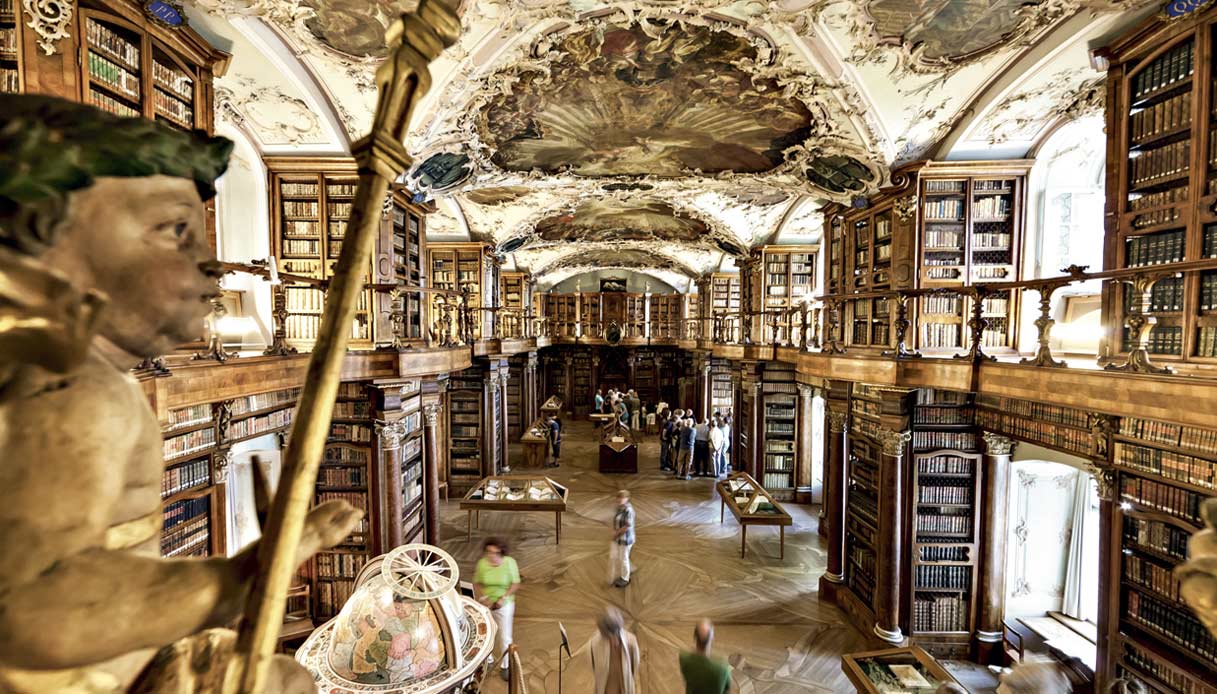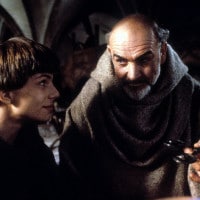



In this exposition, the researcher brings light on Umberto Eco’s labyrinthine semiotics just as the lamp of William of Baskerville and his faithful novice, Adso of Melk, illuminated the abbey’s labyrinthine library amidst misleading signs that lead to even puzzling directions purposely fashioned to shroud the way to a euphoric realization of truth, the epiphany of which is aggravated by being essentially tucked away between words, signs and symbols.

And in this cyclical world of learning and doing, stumbling upon both is a necessity: the latter being dead-ends (enigmatic, allegorical, cerebral, undetermined yet comprehensible, theoria), the former as winding hallways (tedious, verbatim, sentient, predetermined yet unpredictable, praxis) the total experience of which would give clues that would, not without challenge, lead to the heart of the matter. In the midst of this convoluted incertitude, it is imperative that a traveler (writer, teacher, student, reader) must, therefore, brave the walled pathways of fiction and reality – walls fortified by words, signs and symbols. It is thus tantamount to claim that, in the complex compendium of discursive practices, fiction and reality compound and compliment each other, inviolably hinged together like the essence of a triangle, inevitably resulting to a journey that is obstructed by a gamut of perplexing interpretations, incorrigible ideas, indistinct cognition, illusory information, unwise counsel, confounded inspiration, unfounded assertion, meaningless names, unintelligible signs that is twin brother to incomprehensible symbols, ambiguous expressions, sophistry, rumor, not to mention lies and deceit, which, for the uninitiated, sadly concludes to making trivial nominalism a province of truth. And in both ways, mortal beings, his finite intellect trapped between the crevices of a feeble mind, can only find the comforting utility of words, notwithstanding its multifarious forms, to assist him in traversing one of life’s many odysseys. “In the beginning was the Word and the Word was with God, and the Word was God… and the duty of every faithful monk would be to repeat every day with chanting humility the one never-changing event whose incontrovertible truth can be asserted.” (From the first two lines of The Name of the Rose) It is but relatively just and ontological that every thinking creature’s unending quest, though debatably whether by volition or revelation, to discover truth arguably either by the metaphors of fiction or by the empirical matrix of reality.


 0 kommentar(er)
0 kommentar(er)
